Dhaka, Dec 17, (V7N) –The High Court has scrapped a few sections of the 15th Amendment including those which abolished the caretaker government system stating that it is the will of the whole nation.
The High Court bench of Justice Farah Mahbub and Justice Debasish Roy gave the verdict today (17 December) after hearing two writ petitions filed in this regard.
Besides, repeal of the referendum provision has been scrapped. As a result, referendums have been reinstated in today's verdict.
While pronouncing the verdict the High Court bench observed that caretaker government is being revived as that is the will of the whole nation.
In its observations, the High Court said that the core of the Constitution lies in democracy, which can only be ensured through free, fair, and credible elections.
It added that the caretaker government system, introduced through political consensus, had become an essential component of the Constitution's basic framework.
"The beauty of the Constitution lies in empowering the people. The people are the source of all power," the court noted in its judgment, reinforcing the necessity of a mechanism to preserve democratic values.
The High Court reiterated that the abolition of the caretaker government system disrupted the nation's democratic structure, as it was originally enacted to ensure impartial elections and foster political stability. The court observed, "Caretaker governments were formed through political consensus and have since become a fundamental part of the Constitution's foundation."
The ruling followed extensive hearings spanning 23 working days, during which key legal representatives from all concerned parties presented their arguments.
Attorney General Md Asaduzzaman and Deputy Attorney General Md Asad Uddin represented the state. Senior lawyer Dr Sharif Bhuiyan argued on behalf of the petitioners, including Badiul Alam Majumdar of SUJAN, while BNP's counsel included senior lawyers Zainul Abedin, Barrister Badruddoza Badal, Barrister Ruhul Quddus Kajol, and Advocate Farzana Sharmin Putul. Jamaat-e-Islami was represented by Advocate Mohammad Shishir Monir and Barrister Ehsan Siddique, while Advocate Ishrat Hasan spoke for Insaniyat Biplob. Additionally, Barrister Junaid Ahmed Chowdhury appeared for four other petitioners, and Barrister Hamidul Misbah argued as an intervener.
The national elections in the years 2014, 2018 and 2024 were criticised as controversial, especially after former prime minister Sheikh Hasina swept to power for a fourth consecutive term in Bangladesh, following the 7 January polls this year that was boycotted by opposition parties and marked by international scrutiny.
Earlier on 5 December, the bench of Justice Farah Mahbub and Justice Debashish Roy Chowdhury set the date for delivering the verdict after concluding hearings on the petition.
On 19 August, the High Court asked the government to explain why abolishing the caretaker system should not be declared illegal, after hearing the petition filed by Badiul Alam Majumdar, secretary of Shushashoner Jonno Nagorik (SHUJAN), and four others.
Caretaker govt: How Hasina killed a system that ensured free and fair elections
Later, extensive hearings were held over several dates including 30 October, 6, 7, 10, 13, 14, 20, 25, 27 and 28 November, and 1 December.
Additionally, on 29 October, the same High Court bench issued a separate rule following a writ filed by freedom fighter Mofazzal Hossain of Naogaon's Raninagar, challenging the validity of 17 provisions of the 15th amendment.
For and against caretaker govt: Hasina’s style of “protecting” the constitution
This rule questioned why these provisions should not be declared inconsistent with the constitution. The High Court also heard arguments on this rule on 4 December.
Meanwhile, a few political parties, including BNP and Jamaat-e-Islami and some SC lawyers also placed arguments before the HC against the 15th amendment and in favour of the caretaker government system
The 15th amendment to the constitution was introduced during the Awami League government, with the bill passed on 30 June 2011, and a gazette published on 3 July 2011.
The amendment abolished the caretaker government system and increased the number of reserved seats for women in parliament from 45 to 50.
Hubris: How Hasina made one-third of constitution unamendable
It also criminalised the unconstitutional seizure of state power as treason, punishable by the maximum penalty, constitutionally recognise Sheikh Mujibur Rahman as the Father of the Nation, restored secularism and religious freedom, and reintroduced nationalism, socialism, democracy, and secularism as state principles.
Additionally, it changed the election timeline, requiring elections to be held within the 90 days preceding the end of parliament's term, instead of within 90 days after the term's expiry.
END/MSS/AJ



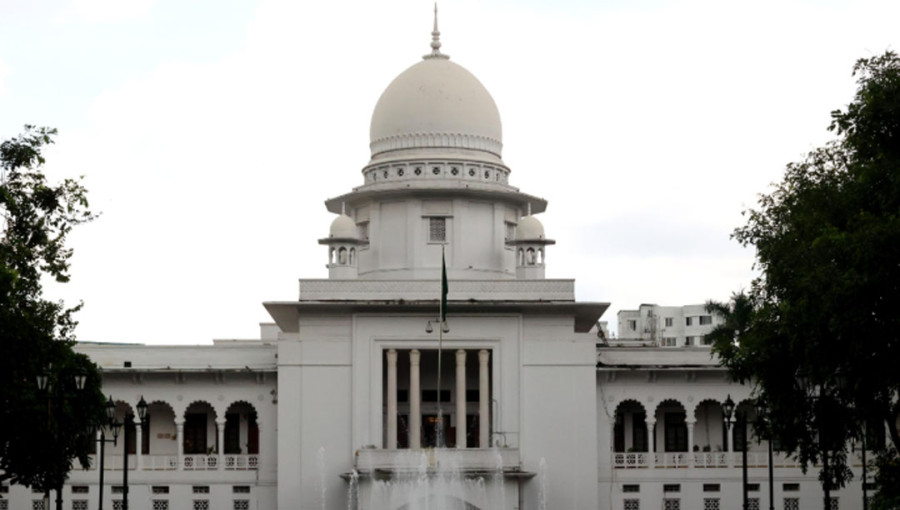
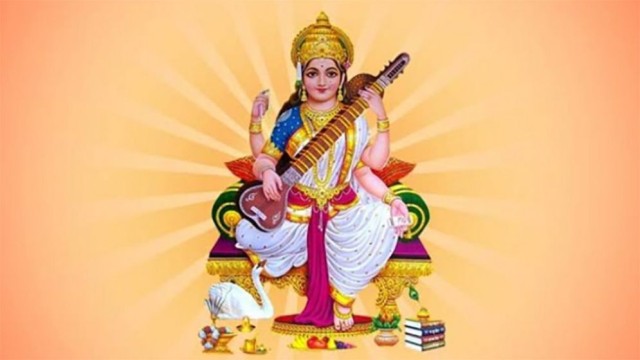

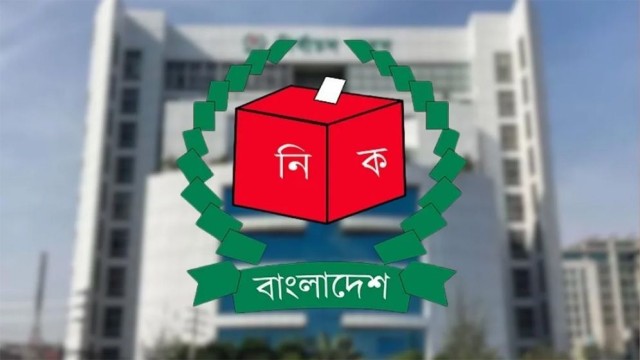
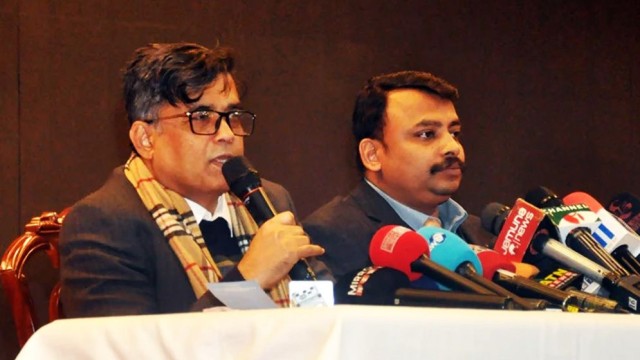
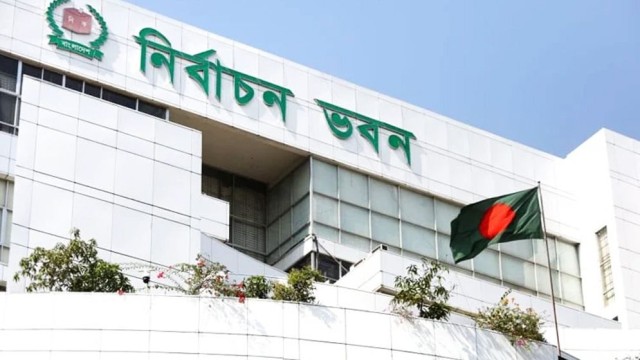
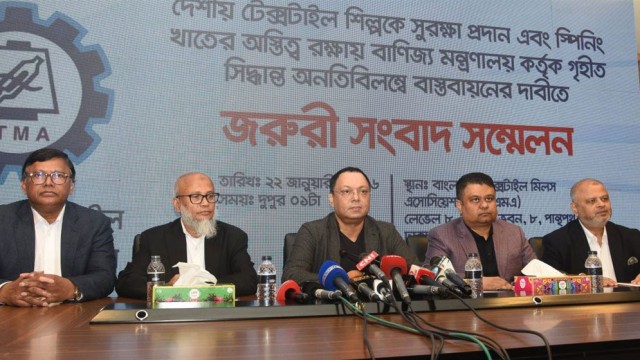
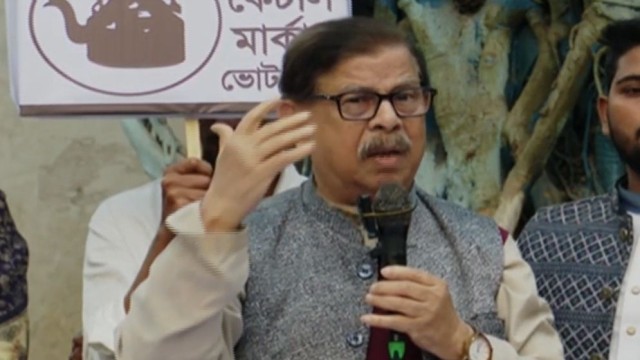


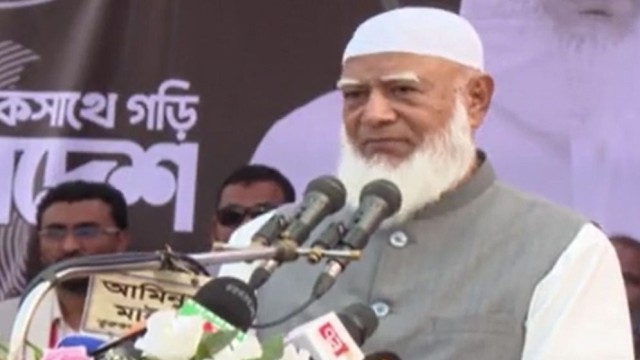
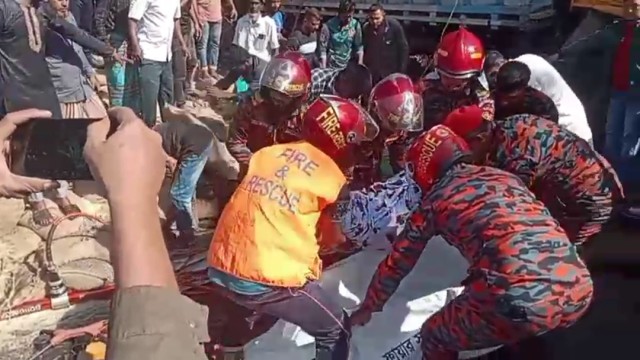
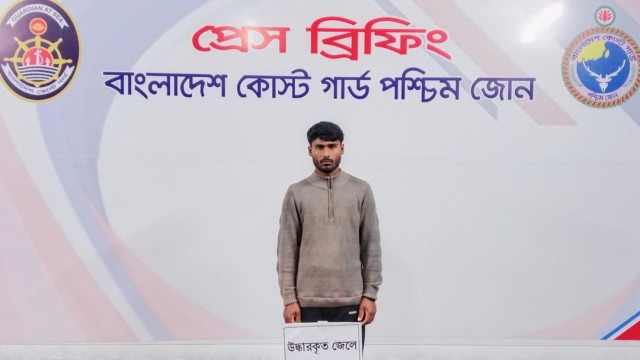

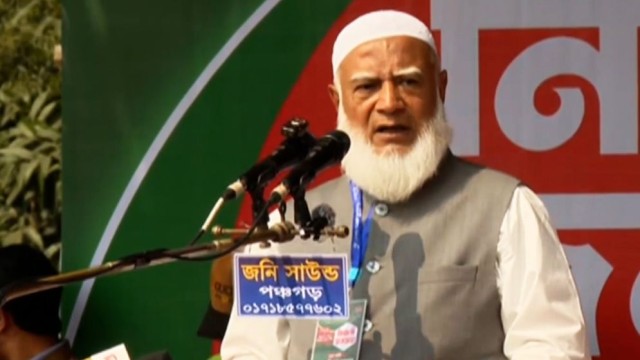
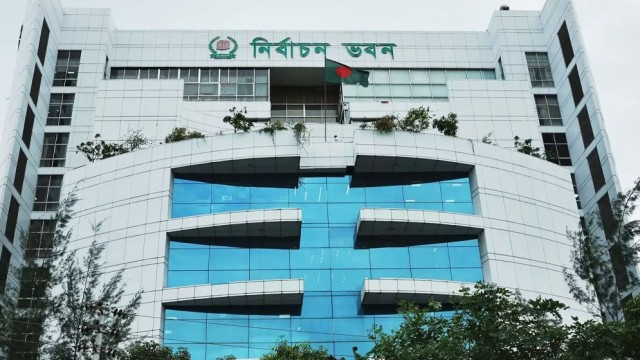
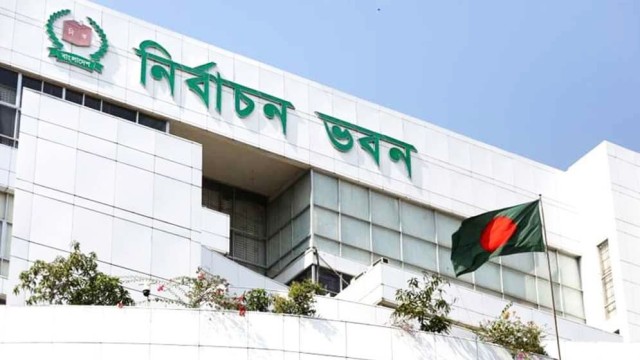







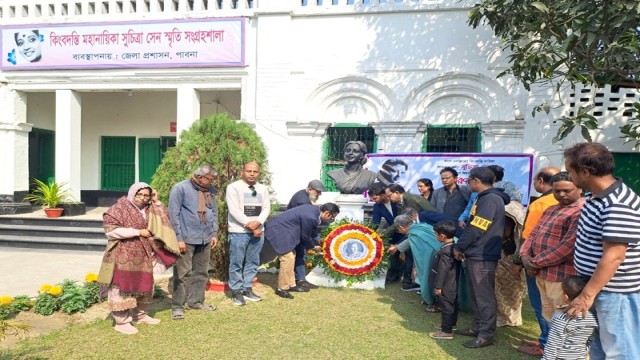
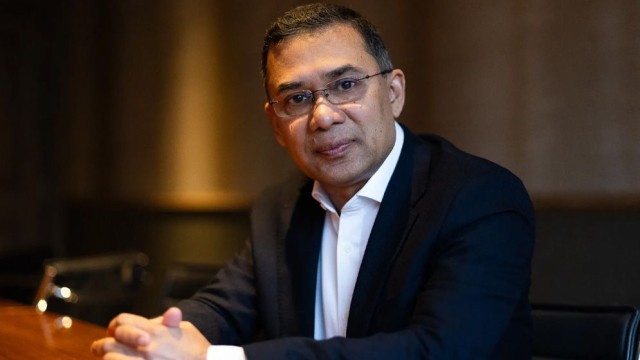
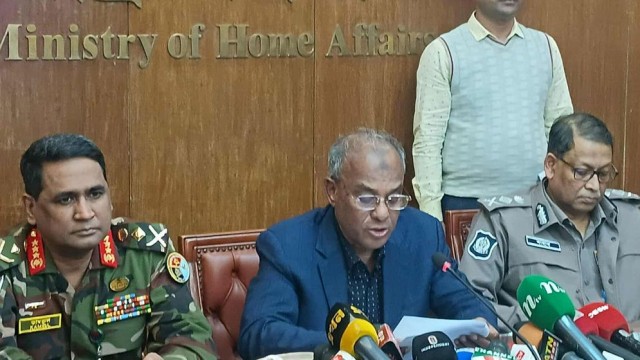
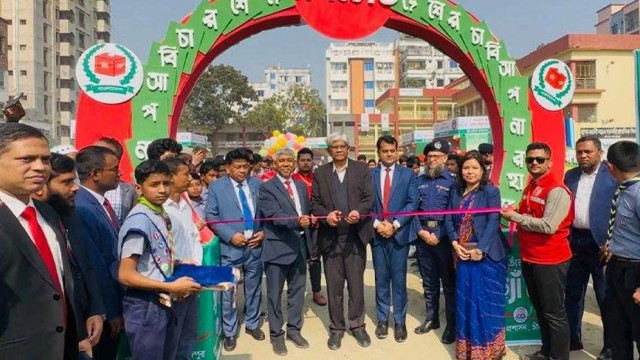
Comment: